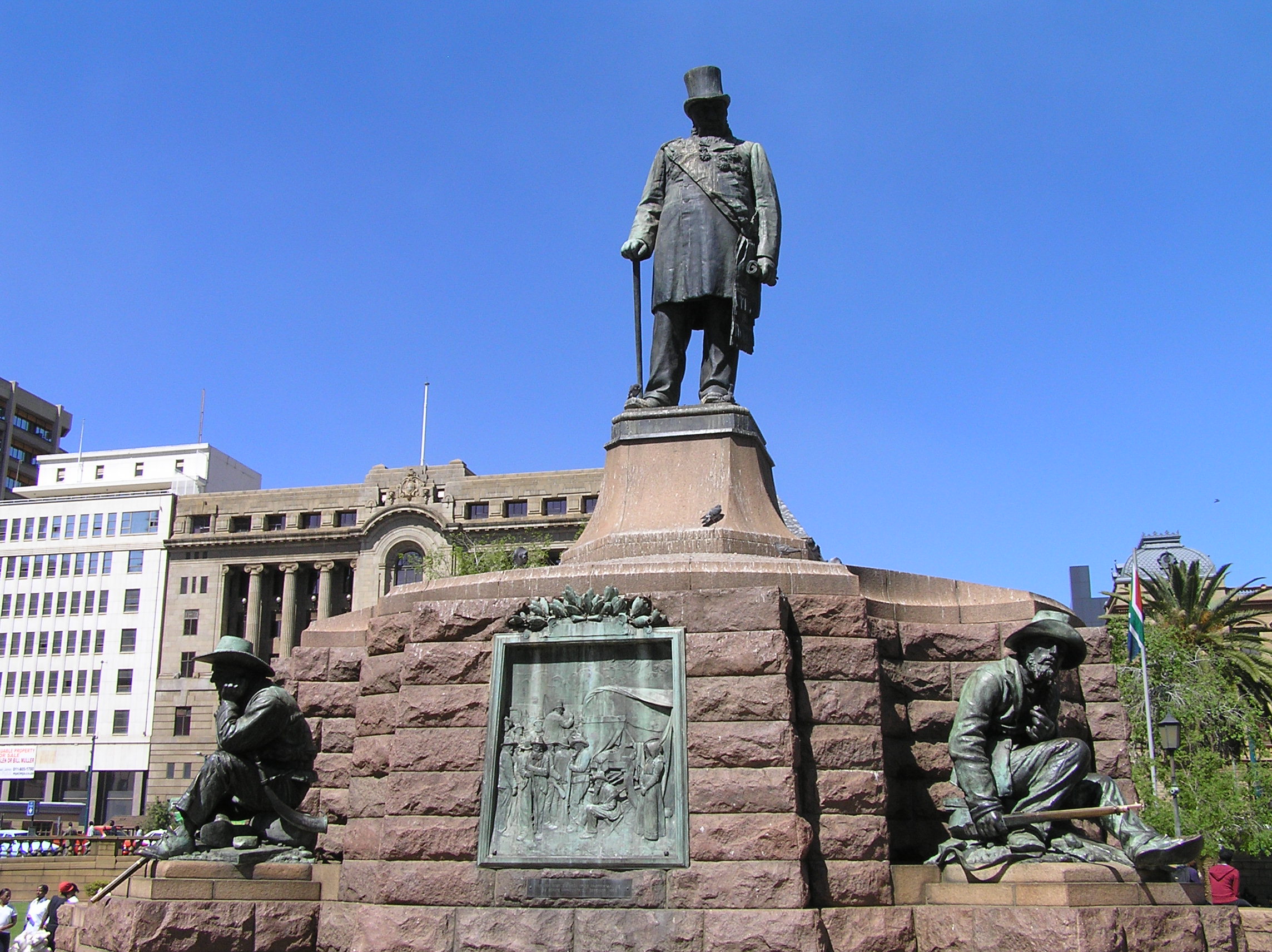
I have previously discussed the controversy over changing names of municipalities, streets, and the like in South Africa. These debates tend to be so contentious because they operate at the nexus of history, identity, ethnicity, and mythology, a potent brew anywhere, but particularly pungent in post-Apartheid South Africa.
About a year-and-a-half ago I tried to wrestle with some of these issues with regard to both naming but also urban identity in South Africa. Given that there is once again momentum to officially change Pretoria's name to Tshwane, I’d like to revisit some of those thoughts:
One time when I was staying at a hostel in Cape Town in 1999 I overheard a young woman . . . dismissing South African cities as not being African at all, but rather too European. It was a pretentious thing to say from someone who, come to find out, had spent all of three total weeks in Africa, but felt fully comfortable pontificating at length about the fundamental nature of Africanness, urbanness, and African urbanness.
That said, I guess I get a sense of what she was saying without saying it — she had some sense of what is and is not African, and Cape Town did not seem to be it — too white, too cosmopolitan, not tribal enough. In sum, she revealed her own stereotypes about Africa, but couched them in dismissive platitudes. She had her images of what African cities should be, some exotic idea fixe, and when Cape Town fell short of her Heart of Darkness view of Africa, it was Cape Town's failure, not hers. And of course what better way to solidify one's credentials as a fan of all things Africa than to blithely dismiss one of the world's truly great cities by referring to it as “too European”? Then again, I’m the sort of retrograde anachronist who LIKES London, so I am contemptible to begin with.
I could not help but think of that vexing conversation when I spent all day wandering Pretoria, or Tshwane (“We are all one”), as it is also known now. Pretoria was the bastion of Afrikanerdom. It was the heart of Paul Kruger's Zuid Afrikansche Republiek, later the Transvaal, and Pretoria was the administrative capital of the country, and still is. So it is shocking to wander Pretoria's streets and look around and think, much like that young woman who so fetishized Africanness, “this is an African city.” I don't think I meant it in the same way that she did, and a little part of me lamented that white South Africans seem to have forsaken the city that still is in many ways the emotional heart of Afrikanerdom. It is here in Pretoria that the Vortrekker monument Still draws crowds and evokes tears, as it did on Friday when, sadly, too many white South Africans chose to honor the covenant of the past rather than reconciliation with it. Maybe Pretoria is now a “more African” city than it must have been in 1965 if one adheres to a color by numbers view of African cities. And if this transformation is so, it is, on balance, a good thing. But it says a good deal about too many South African whites that it has become this sort of city not because of the demographics, but rather because of white abandonment. To be sure, whites still work in the city, but they come in during the day, park in protected environments, work during the day, and drive to their posh homes in the suburbs at night.
That said, it is nice to see the bombastic statue of Paul Kruger serving largely as a place on which pigeons shit and African children play, blithely unaware of its symbolic past, save perhaps when bothered, verkrampte Afrikaners wait for these cildren to move when they make the pilgrimage into the city to get their photo of their great founder of the Boer republic. I took a picture today of two young black children playing on one of the four Boers that serve as part of the foundation for the sturdy base. I hope it comes out. The picture, that is, not the pigeon shit.
The controversy over what Pretoria or Tshwane will officially be called hits the heart of what it means to be a South African in the new century. The past is past, to be sure, but it is not merely history. And fundamentally, these questions are as much about the past as they are about the present. The past seems capturable, containable, controllable in ways that the present, with its messiness and contingency and infinite possibility (which is itself both exciting and scary), does not. For those South Africans reluctant to embrace change, whether Pretoria is Tshwane is less about what the city means now than what it once meant, and if what it once meant is so easy to eradicate, that has profound implications for a small slice of white South Africans and their identity in what is at times a frightening new nation.
